Disclaimer: The Eqbal Ahmad Centre for Public Education (EACPE) encourages critical and independent thinking and believes in a free expression of one’s opinion. However, the views expressed in contributed articles are solely those of their respective authors and do not necessarily reflect the position or policy of the EACPE.
The hitherto elusive Druk-yul, meaning “Land of the Thunder Dragon”, unreachable by air up to 1981, has always had a strange fascination of a Shangri La for most of the world. The brilliant and catchy concept of the Gross National happiness (GNH) propagated by the fourth King Jigme Singue Wangchuk of Bhutan added more charisma and poetry to an already existing aura of this fairy-tale kingdom. Tourists who plan to enjoy the tranquillity and natural beauty of this quaint Buddhist country for five or seven days and return with digital pictures of kira and gho-clad men and women, love the idea of a happy little Shangri La with happy people living an idealistic life under an enlightened constitutional monarchy. Let us make a realistic appraisal of this claim to Bhutan being high on the index of so called gross national happiness.
Bhutan’s switch over to a constitutional monarchy in 2007 is too recent to have brought about any significant change in people’s perception or comprehension of political ideology and the attitude of the common citizen is still very suppliant to the royals. Posters of the royal couple adorn most public places to the absolute absence of any other leader like the country’s prime minister. Bhutan’s identity and social ethos is greatly dictated by its state religion, Mahayana Buddhism. The literacy rate is 65% for men and a dismal 38% for women with most of them educated up to primary and middle school level only. The authorities seem to be alert to corrupting influences of foreigners who are not welcome to settle here. Put together, a strong hold of the monarchy and the church, low education levels and deliberate insulation from the wider world keep the people in a mental stupor.
A political censorship regime exists in Bhutan and most people fear voicing dissent against official policies openly.
Let us for the time being, not dwell much on the fact that all villages still do not even have primary schools or dispensaries; that infant mortality rate is as much as 30%, maternal mortality rate is high too and that a third of the population lives below the poverty line. There is growing alcohol and drug abuse among the youngsters and many of them are chasing a dream of migrating to Australia for a golden future. Take a look at the possible average life pattern of an ordinary Bhutanese woman gathered from series of cross sectional interviews to gauge her gross happiness index. Even though Bhutan’s culture does not disenfranchise women, they are definitely accorded a lower social and economic status. Public life is male dominated with the village elders, called gewog, being mostly men. Amongst the 38% of educated women, most may have read from class two up to class ten only, making gender equality a farfetched dream. There are very few women in senior government positions. Most working women hold low paid traditional jobs like teaching and nursing, which are generally be given up once they are married. Child rearing and house work is mainly the wife’s responsibilities. Though Bhutan may take legitimate pride in the fact that there is a very low incidence of violence against women, polygamy is allowed with the consent of the first wife. The fourth king Jigme Singye Wangchuk married four sisters, further justifying polygamy as a choice. Post divorce settlements are generally very low and provide only for the children who are in the mother’s custody. What is more worrying is that there is mostly an unquestioning condoning and acceptance of gender disparities.
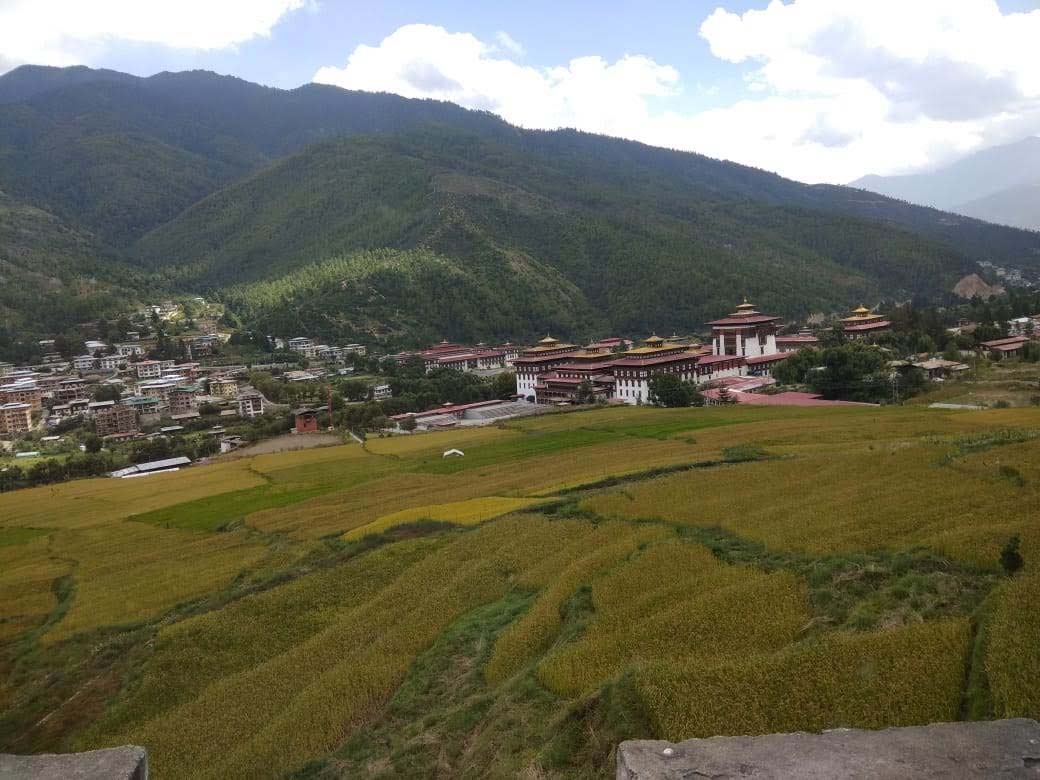
To justify its reputation of being a purveyor of happiness, Bhutan must realize that it must ensure concern for happiness for all strata of society: the minorities and women included.
Another less known fact that the GNH hype has hushed over, is a dark chapter of ethnic cleansing in Bhutan’s recent history. Bhutan’s ethnic minorities, Nepali-Bhutanese Lhotshampa, Sharchops and Tibetans, have suffered profound discrimination and mistreatment. Bhutan carried out a special census in the mid 1980s and proceeded to cast out nearly one million people of Nepali origin, about one sixth of its population then. It declared them illegal immigrants, even though many went several generations in Bhutan. The enormity and human outrage of this exodus has been overlooked by the international community in view of the beguiling charm and niceties of the monarchy. The minorities are mostly ghettoised outside the towns and hold low paid menial jobs. Tibetans cannot get government jobs, enrol their children for higher education or obtain a license for private business without getting security clearance, which, they report, is close to impossible to get. A political censorship regime exists in Bhutan and most people fear voicing dissent against official policies openly. Public demonstrations are not allowed.
To justify its reputation of being a purveyor of happiness, Bhutan must realize that it must ensure concern for happiness for all strata of society: the minorities and women included. One cannot exclude more than fifty percent of the population and focus on a certain privileged class to earn this reputation. The system must accord greater exposure and democratic right to free expression to the common citizen to make this claim credible.
About the Author:
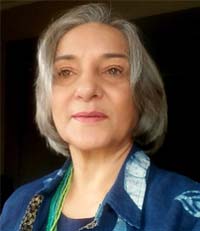
Dr Ranjit Powar is a psychologist who has served with the Punjab Civil Services and earlier as a lecturer with the Punjabi University, Patiala. Besides writing as a freelancer, she works with NGOs for imparting employability training to high school students.



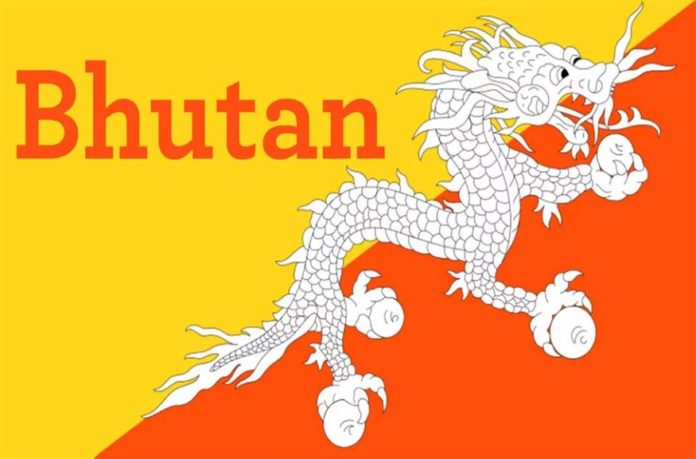

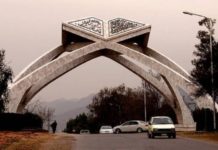

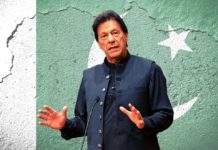


Nice and informative. the auther has called a spade a spade. Its a deplorable fact that allthat glitters is not gold.